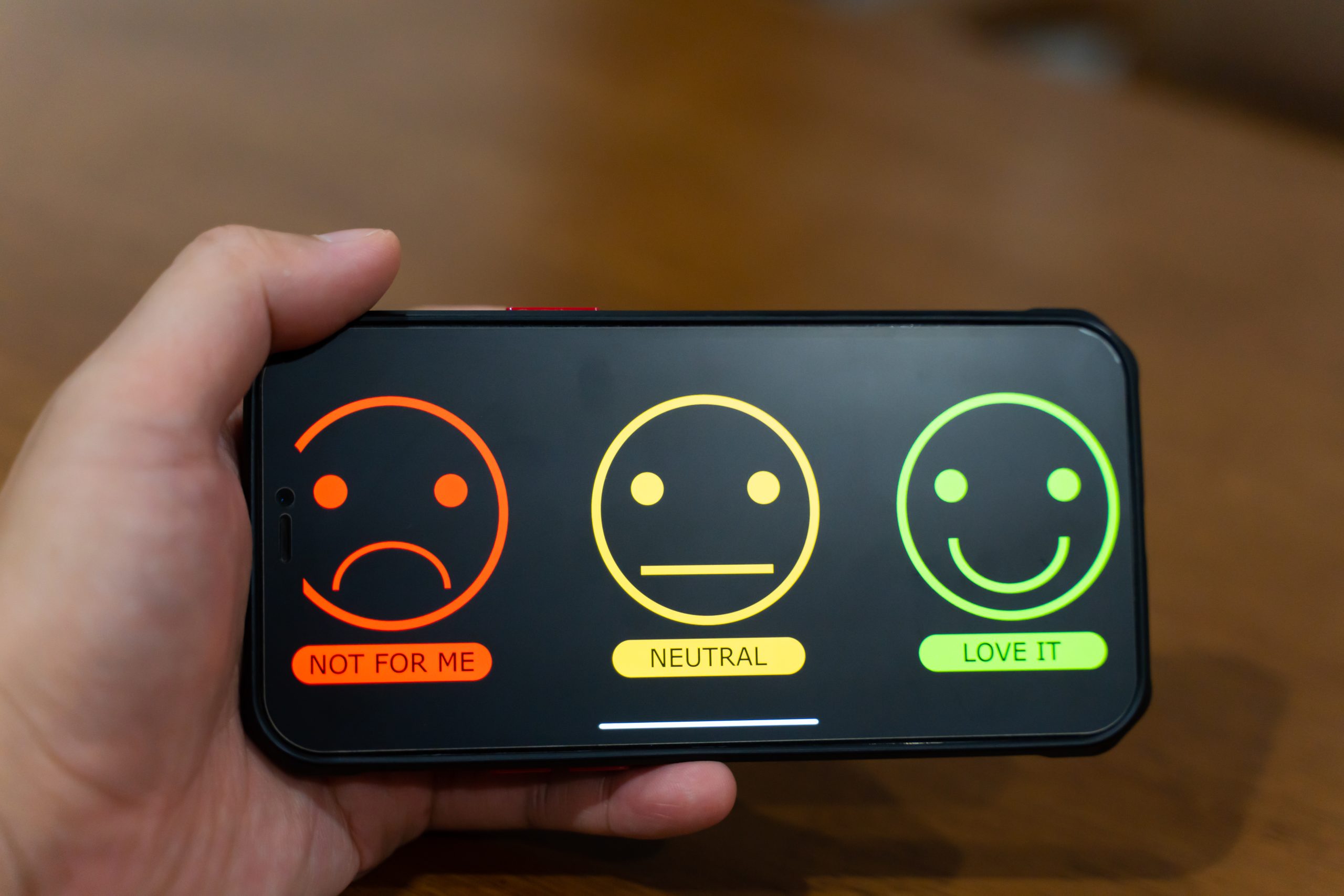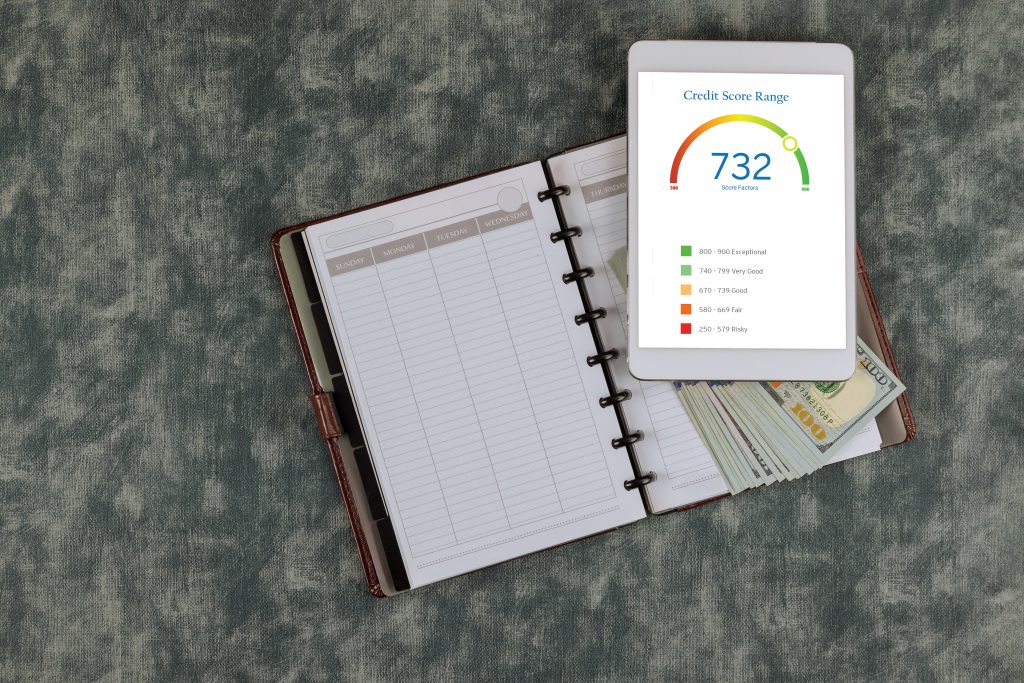How to Dispute Errors on Your Credit Report

How to Dispute Errors on Your Credit Report
Your credit report is more than a number — it’s your financial reputation.
One small mistake — a duplicate account, an incorrect late payment, or even a case of mistaken identity — can tank your credit score, raise your interest rates, or stop you from qualifying for loans, mortgages, or even jobs.
The good news: under the Fair Credit Reporting Act (FCRA), you have the legal right to dispute and correct inaccurate information for free.
This updated 2025 guide from GoKapital explains how to do it — step by step.
1. Why Reviewing Your Credit Report Matters
Your credit history affects almost everything: car loans, credit cards, insurance rates, rentals, and employment opportunities.
According to the Consumer Financial Protection Bureau (CFPB), over 20 % of U.S. consumers have found at least one error on their credit report.
A small error can cause big damage:
-
An incorrect “late payment” can drop your FICO score by 90 points or more.
-
A duplicated account may inflate your debt-to-credit ratio.
-
An account that doesn’t belong to you may indicate identity theft.
Moral: Don’t check your report only when you need financing. Review it at least once a year — it’s free at AnnualCreditReport.com.
2. Common Credit Report Errors
Before you file a dispute, identify exactly what’s wrong.
Here are the most frequent mistakes reported by American consumers:
-
Incorrect personal information
Misspelled names, wrong addresses, or inaccurate Social Security numbers. -
Accounts that aren’t yours
Caused by identity theft or similar names. -
Duplicate listings
The same debt appears twice with different lenders. -
Payments marked late
Even though you paid on time. -
Wrong balances or credit limits
Inaccurate account amounts or loan details. -
Closed accounts shown as open
Hurts your credit-utilization ratio. -
Old negative items that should’ve expired
Most negative information must be removed after seven years (ten for bankruptcies).
3. How to Get Your Free Credit Report
By federal law, you can get one free report every 12 months from each bureau:
Since 2023, AnnualCreditReport.com has continued to offer free monthly access to most consumers.
Download all three — errors may appear in one report but not the others.
4. How to Dispute an Error with the Credit Bureau
You can dispute online, by mail, or by phone — but online or certified-mail disputes offer the best proof and tracking.
🔹 Step 1 – Gather Your Evidence
Collect any supporting documents: billing statements, payment confirmations, account letters, or screenshots that prove your case.
🔹 Step 2 – File the Dispute
Each bureau has its official dispute portal:
-
Equifax: Dispute Page
-
Experian: Submit a Dispute
-
TransUnion: Start a Dispute
If mailing, include:
-
Full name and address
-
Last four digits of SSN
-
Account number of the item in question
-
Clear description of the error
-
Copies of supporting documents
-
Signature and date
Mail by certified mail with a return receipt to each bureau’s dispute address.
🔹 Step 3 – Investigation (30–45 days)
Under the FCRA, the bureau must investigate within 30 days (or 45 days if you submit additional information).
They’ll contact the lender or data furnisher to verify the record.
If they can’t verify it — or confirm it’s inaccurate — they must correct or delete it immediately.
5. Notify the Information Furnisher (Your Lender)
Don’t stop with the bureau.
Contact the company that reported the information — your bank, credit-card issuer, or collection agency — and dispute the same item directly.
Sample Letter
Under the Fair Credit Reporting Act, I am disputing information reported under account #XXXX.
The reported data is inaccurate because [brief explanation].
I have attached supporting documentation.
Please investigate and update all credit bureaus accordingly.
Always send copies, not originals, and keep your proof of delivery.

6. Track Your Dispute Progress
-
The bureaus must send you written results.
-
If your dispute is valid, the incorrect item must be corrected or removed.
-
If they verify it as accurate, you can request a consumer statement (a short note explaining your side).
-
If you suspect negligence or an incomplete investigation, file a complaint with the Consumer Financial Protection Bureau (CFPB).
If an item is corrected, you can also ask that the bureau notify anyone who pulled your report in the last six months (or two years for employment screenings).
7. 2025 Regulatory Updates and Industry Changes
The credit industry has seen several key developments this year:
⚖️ A. Legal and Regulatory News
-
January 2025: The CFPB fined Equifax $15 million for mishandling consumer disputes.
-
March 2025: A federal court ruled that data furnishers must investigate both legal and factual disputes if they’re “objectively verifiable.”
-
July 2025: A judge blocked the CFPB’s attempt to ban medical debt from credit reports — so medical debt can still appear, though some hospitals and insurers are reducing its impact.
💳 B. Credit-Score Model Changes
-
Equifax released VantageScore 4.0, more forgiving toward paid medical and student loan debt.
-
FICO began a pilot program allowing lenders to pull credit data directly, bypassing traditional bureaus — a shift that could reshape how credit is evaluated by 2026.
8. Protect Your Credit While Your Dispute Is Pending
-
Keep making on-time payments on all accounts.
-
Avoid new credit applications unless necessary.
-
Don’t close old accounts suddenly (it shortens your credit history).
-
Consider credit-monitoring services or fraud alerts.
-
You can place a free credit freeze with each bureau to prevent new accounts from being opened in your name.
9. If the Error Is Not Fixed
If your dispute is denied or ignored:
-
Add a consumer statement to your report explaining the issue.
-
File a CFPB complaint (consumerfinance.gov/complaint).
-
Consult a consumer-rights attorney if you suspect negligence or willful non-compliance.
-
Under the FCRA, you may sue for actual and punitive damages.
-
Consumer lawsuits against credit bureaus have risen notably in 2025, reflecting a public push for accuracy and accountability.
10. Best Practices for Strong Credit Health
-
Review your reports at least annually (preferably every six months).
-
Always dispute in writing and keep copies of everything.
-
Be clear and specific in your claims — avoid generic templates.
-
Never send original documents.
-
Keep a detailed timeline of calls, emails, and case numbers.
-
Avoid “credit repair” companies that promise miracle results for a fee.
-
Continue building positive credit behavior while disputes are resolved.
💡 Final Takeaway
Disputing credit report errors is not just about fixing numbers — it’s about protecting your financial reputation.
A clean and accurate credit history can save you thousands in interest and open doors to better opportunities.
At GoKapital, we believe financial education is the first step toward economic freedom.
Review your credit today, take action if you find inaccuracies, and stay proactive about your financial future.
✅ Your credit score is your financial signature — keep it clean, accurate, and strong.

